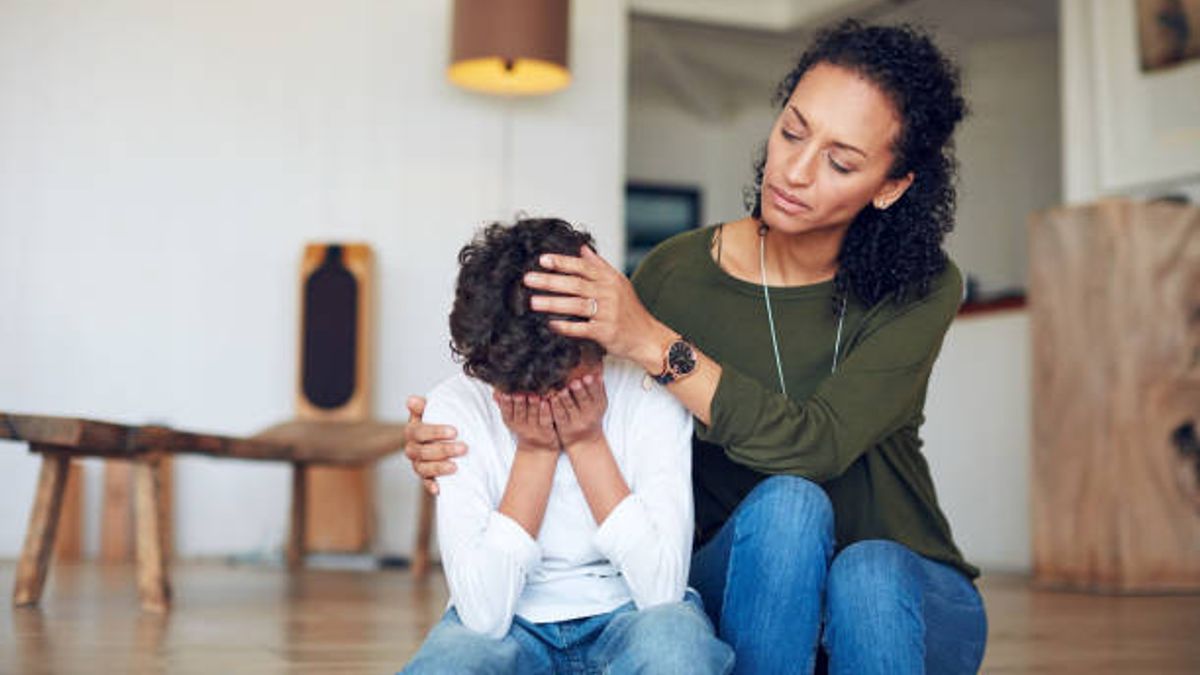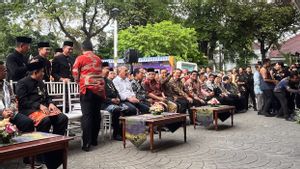JAKARTA - Many people experience traumatic events in their lives, including children and adolescents. Research estimates that as many as 40 percent of children and adolescents will experience at least one traumatic event in their life. While most people are able to "bounce back" from a traumatic experience within a few days, weeks, or months, children and adolescents need to struggle longer to cope with the experience and memory of the trauma, also known as post-traumatic stress.
Traumatic events often include physical violence, accidents, natural disasters, war, or sexual harassment. Children or youth may have experienced this event themselves, or they may have witnessed it happen to someone else.
At least, there are four things parents can do for children who experience post-traumatic stress. Cited from the Psycom page, Monday, March 21, namely;
Cognitive-behavioral therapy
Cognitive-behavioral therapy (CBT) is one of the most common forms of "talk therapy". Therapists can use a trauma-focused style to treat children and adults who are experiencing post-traumatic stress.
This style of therapy helps the therapist explore the child's identity and correct any irrational or illogical thoughts the child may have about the trauma experienced or the people and situations they encounter in their daily lives. CBT also usually includes psychoeducation about relaxation and stress management techniques.
SEE ALSO:
Play therapy
This type of therapy can work especially well with children who are struggling to communicate their reaction to the trauma and an understanding of what happened. Therapists use art therapy, play, and other interventions to help children process trauma and cope with life resiliently.

EMDR therapy
EMDR or eye moment desensitization and reprocessing is an interactive psychotherapy technique used to relieve psychological stress. It is an effective treatment for trauma and post-traumatic stress disorder. This technique is believed to reduce the impact of memories or thoughts on trauma.
Drugs
There is no cure for post-traumatic stress, but sometimes antidepressants and anti-anxiety medications can help relieve symptoms in some children while working with a therapist.
Symptoms of post-traumatic stress often co-occur with other types of mental illness or cause other problems in the child, including drug use, risky behavior that is self-injury. These problems may need to be treated with proper care, also to protect the child and help them achieve a full recovery.
The English, Chinese, Japanese, Arabic, and French versions are automatically generated by the AI. So there may still be inaccuracies in translating, please always see Indonesian as our main language. (system supported by DigitalSiber.id)


















